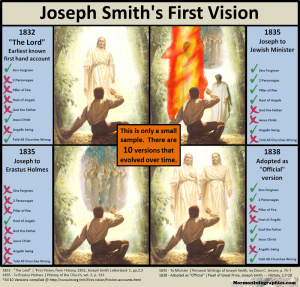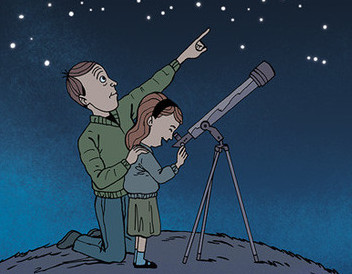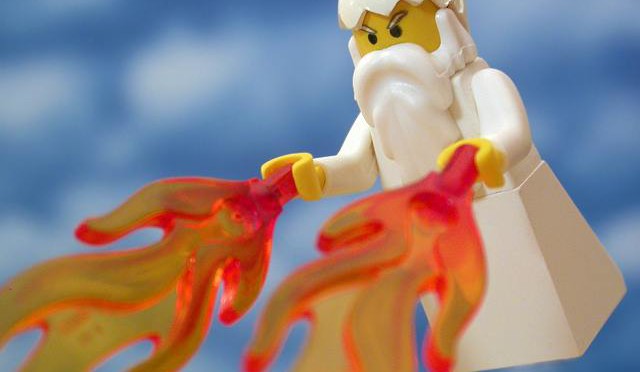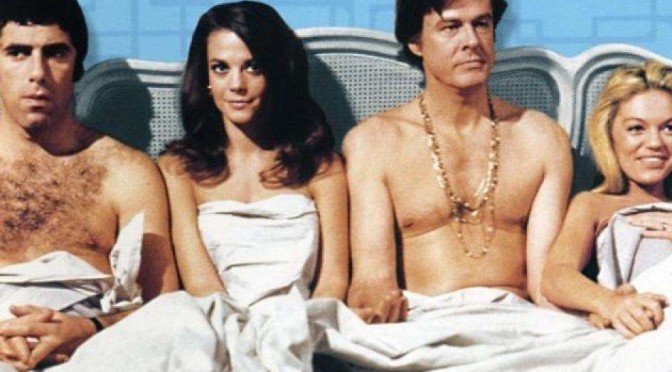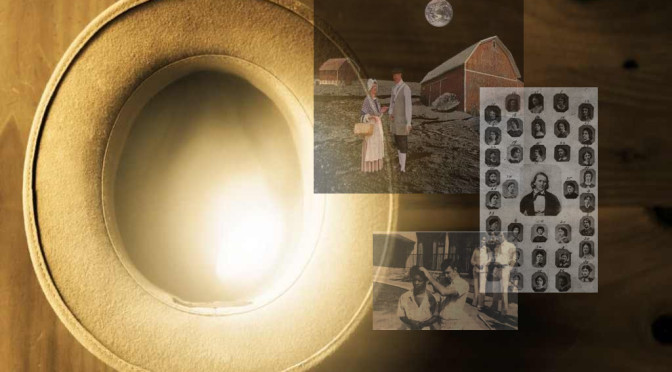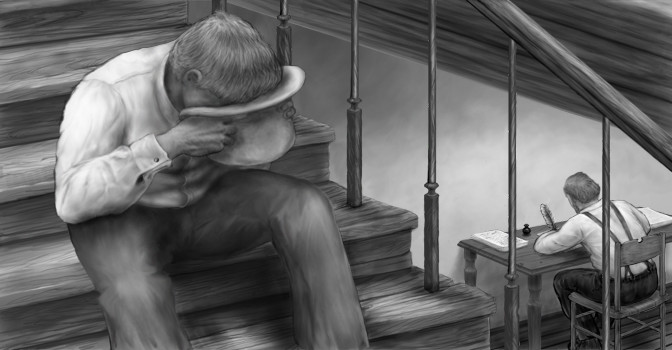“Take the risk of thinking for yourself, much more happiness, truth, beauty, and wisdom will come to you that way.” – Christopher Hitchens
What is better about being an atheist rather than a theist? Than a Christian? Than a Mormon?
- Blaming yourself.
- When you make a mistake, it’s your fault. It isn’t Satan. It isn’t God. It’s your fault. You can choose to learn from it, or you can ignore it, but it’s your fault and it’s your choice. When you have trouble understanding something, it isn’t because “God works in mysterious ways”, or because you didn’t ask with enough faith. you just need to study more, or ask better questions. If you’re selfish and hurt a loved one, you weren’t “tempted by The Adversary”. It’s your fault. It’s your choice. You’re not being punished. You’re not being admonished. It’s just you vs. The Universe.
- Praising yourself.
- You earned the job. You earned the paycheck. You earned the bonus. You caught the ball. You hit the homerun. Your anti-bodies beat pneumonia, or the flu, or the cold. Your body healed the broken leg, and the sprained knee, or even beat back cancer. You weren’t “blessed.” You weren’t rewarded by God. You did it. Biology did it. Your genes did it, and that feels pretty damned good.
- Blaming Nature.
- Earthquakes are tectonic plates. Volcanoes the same. Hurricanes are warm air and a spinning planet. Disease is biological and chemical reactions. Parasites are an unfortunate side effect of evolution. You don’t have to wonder why evil and suffering exists. You don’t have to wonder if you’ve angered some omnipotent being. You don’t have to wait for help and relief from above that isn’t coming. Make your own miracles.
- Helping.
- Really helping. No “thoughts and prayers”, but actually donating time, money, and effort to help those in need. Thoughts and prayers don’t work, and if they did, we wouldn’t need ambulances, first responders, or doctors.
- Sundays.
- …or whatever Sabbath day was previously set aside for praising and worshiping. Having two weekend days, pretty nice. Wonderful, in fact. An extra day for shopping. And extra day for taking your kid to the aquarium, or the zoo, or the museum, or a hike, or a bike ride, or just to sit around and watch Ghostbusters for the 10th time this month. An extra day to teach her how to make muffins, cookies, or soup. An extra day to sit outside and enjoy the sun with a cool beverage, or an extra day to sit inside and enjoy the warmth with a warm beverage.
- Thinking.
- Nothing is off limits. You can imagine that there are ten gods, or none. You can debate endlessly with William Lane Craig, or Rabbi Schmuley, or Frank Turek, or Christopher Hitchens, or Bertrand Russell in your mind. You can contemplate the repercussions of any position without fear of going over some imaginary line. “Was Jesus real, or wasn’t he?” “Is there evidence for The Exodus?” “Is there enough evidence to justify that position?” “What if there is a god?” No stone left unturned for fear of the truth that may be waiting underneath.
- Reading.
- Much the same as #4. Nothing is off limits. You can read history that destroys your heroes – secular and religious. You can read history that builds up the ‘villains.’
- Money.
- There’s no registration fees or membership dues to be an atheist. As opposed to religions who say, “But God loves you. He loves you, and He needs money! He always needs money! He’s all-powerful, all-perfect, all-knowing, and all-wise, somehow just can’t handle money! Religion takes in billions of dollars, they pay no taxes, and they always need a little more.” (George Carlin)
- Guilt Free Sex.
- Notice I didn’t say, “consequence free”. Of course there are still consequences for your actions, but you need not feel guilty for responding to natural, healthy sexual instincts. Masturbation is perfectly healthy and natural. Safe, consensual sex is perfectly healthy and natural. There is no need for young people to be shamed and guilted about natural drives. They are better served with education about healthy and safe sexual behaviors instead of needless shame.
- Freedom.
- In short, freedom. Freedom from supernatural thought, theistic thought, and religious thought. Freedom to think for yourself. Freedom to reason for yourself. Freedom to be yourself. Freedom to blame yourself. Freedom to praise yourself. Freedom to spend your money as *you* see fit. Freedom to love, physically, mentally, emotionally, or all of the above. Freedom to live without wasteful wishes for something more and better and to love all that this life is and has to offer.



